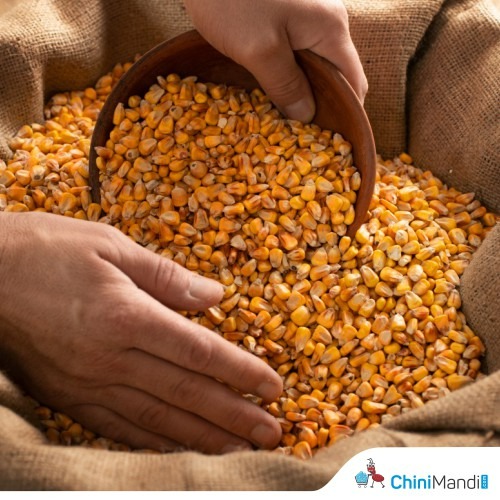China, in collaboration with the International Maize and Wheat Improvement Center (CIMMYT), has announced plans to deepen its partnership in crop breeding and production with nations in Africa and South Asia. This commitment was made during a forum in Sanya, Hainan province.
At the China-CIMMYT South-South Cooperation Forum, experts focused on advancing wheat science, promoting technology, and offering training programs involving China, CIMMYT, and countries in the Global South, as highlighted by the event organizers.
Wheat plays a vital role in global food security, but climate change has significantly impacted wheat yields in low-latitude regions such as South Asia and Africa, according to Hans Braun, a scientist with CIMMYT’s Global Wheat Program.
For the past 50 years, CIMMYT’s wheat varieties and agricultural technologies have supported the growth of wheat production in South Asian countries like Pakistan, as well as in various African nations. However, Braun emphasized the increasing need to improve disease resistance, stress tolerance, and farmer training in these regions.
He Zhonghu, a professor at the Chinese Academy of Agricultural Sciences and China’s representative to CIMMYT, highlighted that China intends to leverage its strengths in crop varieties, technology, and expertise to further boost the effectiveness of South-South cooperation. He noted that the forum’s goal is to foster collaboration in areas such as maize and wheat variety development, crop management, and reducing losses during grain processing.
In particular, China and African nations will enhance efforts to monitor and prevent wheat diseases and pests, including fusarium head blight. By sharing knowledge and technologies to cultivate fusarium-resistant wheat varieties, this partnership aims to increase wheat production in these regions, experts said during a panel discussion.
The involvement of CIMMYT and the United Nations World Food Program (WFP) will further strengthen cooperation within the Global South, according to Jia Yan from the World Food Program China.
Additionally, both short-term training sessions and seminars will be organized in China and abroad, with participation from provincial agricultural academies and relevant universities.












